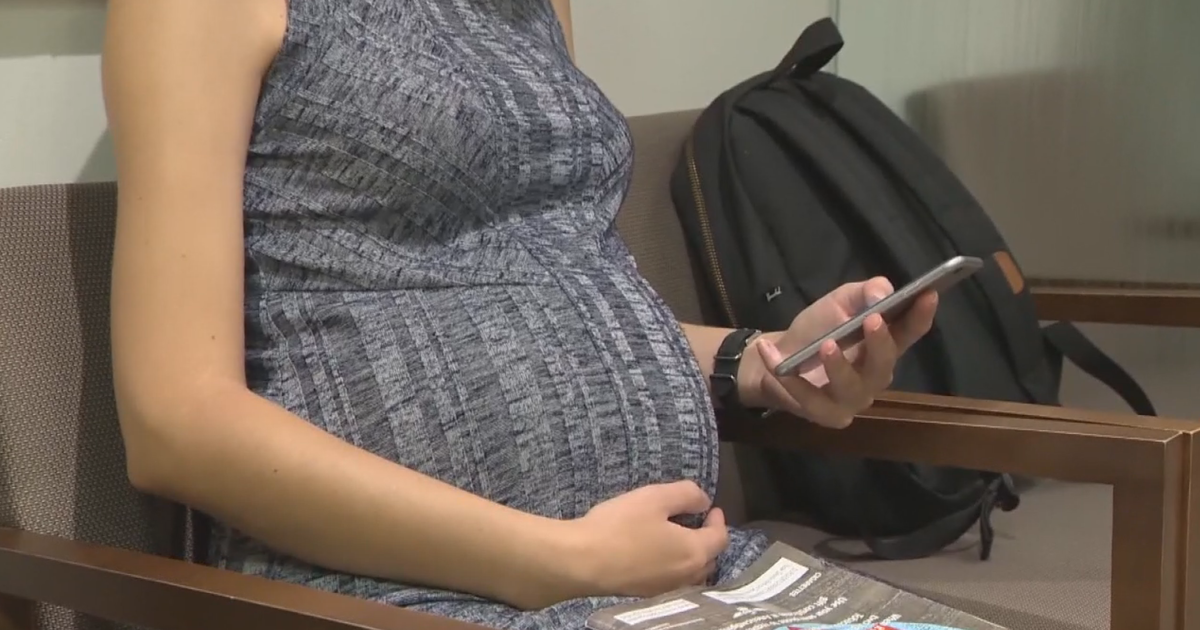Maryland poised to sue over Key Bridge collapse, contracts five law firms
BALTIMORE – With the NTSB preliminary report comes several questions about the legal fallout after the collapse of the Francis Scott Key Bridge.
On Wednesday, Maryland Attorney General Anthony Brown called on the state board of public works to approve contracting five external law firms to assist in litigation after the collapse. The firms will only be paid contingent on the state winning its case. The funds for that would come from the damages recovered.
"The firms are the right mix of maritime, insurance, conflicts litigation, and other expertise and experience we need to pursue and protect the state's interests in this critical matter," Brown said.
The board approved these contracts during a vote Wednesday. The state owned and operated the Key Bridge. The attorney general's office has not indicated when it would file a claim.
The step comes as several legal fillings have already been sent to the federal district court in Baltimore. The city filed a civil claim for damages in April. The Dali owner and operator filed a limitation of liability claim, asking the court to restrict the company's financial responsibility to the cost of the ship. Separately, the ship's owner declared general average, asking cargo companies with products on board to chip in for the cost of "voluntary lost cargo".
While the report provides a clear timeline of events the morning of March 26, it doesn't answer the question of why the incident occurred.
This will be the key in what's shaping up to be a lengthy legal battle. Sen. Ben Cardin spoke at a press briefing earlier this week, saying this could be a historically large insurance claim.
"Those insurance claims will help to ensure the federal taxpayer gets relief," Cardin said.
Maritime insurance functions differently than that on land. Large vessels can take out insurance policies from independent insurance brokers, but that can be expensive. Instead, most ships work with a protection and indemnity club, which is a group of vessels that form a mutual assurance organization to provide insurance for large claims. There are 12 leading clubs in the world, and they formed an international group to pool resources for high value claims. Currently, there is $2.1 billion available to support claims in this international group.
This insurance would only be triggered if the ship cannot limit its liability to the value of the vessel, which will be one of the first claims reviewed in court. In order to have a ruling in that case, the court needs to determine why the allision happened. If the court finds that the ship's owner knew of problems on board, liability will not be limited.
"If it turns out equipment just failed unexpectedly even though the maintenance is up to date or if some ship's officer simply made a mistake, then that would not be attributable to the owner, and theoretically limitation would be allowed," Allen Black, maritime attorney at Mills Black LLP., said.
The FBI opened its investigation into the Dali last month. Black says investigators could be looking at criminal charges related to misconduct or neglect of ship officers, also known as the Seafarers Manslaughter statute. Prosecutors would have to prove simple negligence, accusing a member of the crew of neglect, misconduct or inattention to duties, causing the death of the six construction workers who were on the bridge that night.
"I assume that's exactly what they are looking for is to see if they can find some act of negligence attributable to the crew or the ship's owner," Black said.
All cases related to the Key Bridge Collapse need to be filed by September 24 in district court. Then, the court will begin reviewing evidence. This will all start as the NTSB and Coast Guard safety investigation continues.




